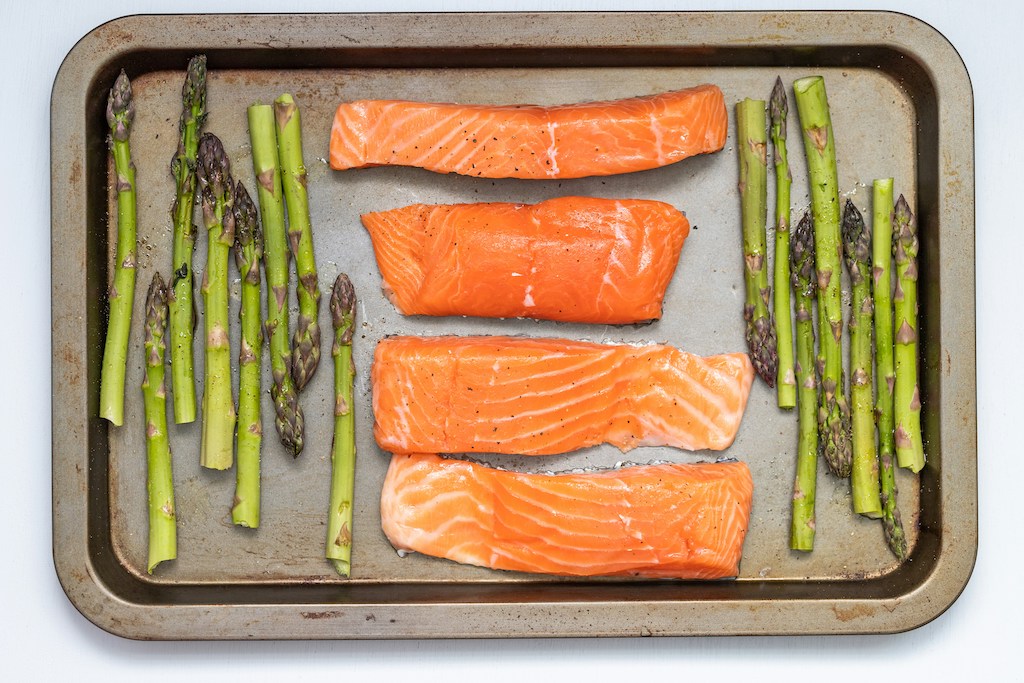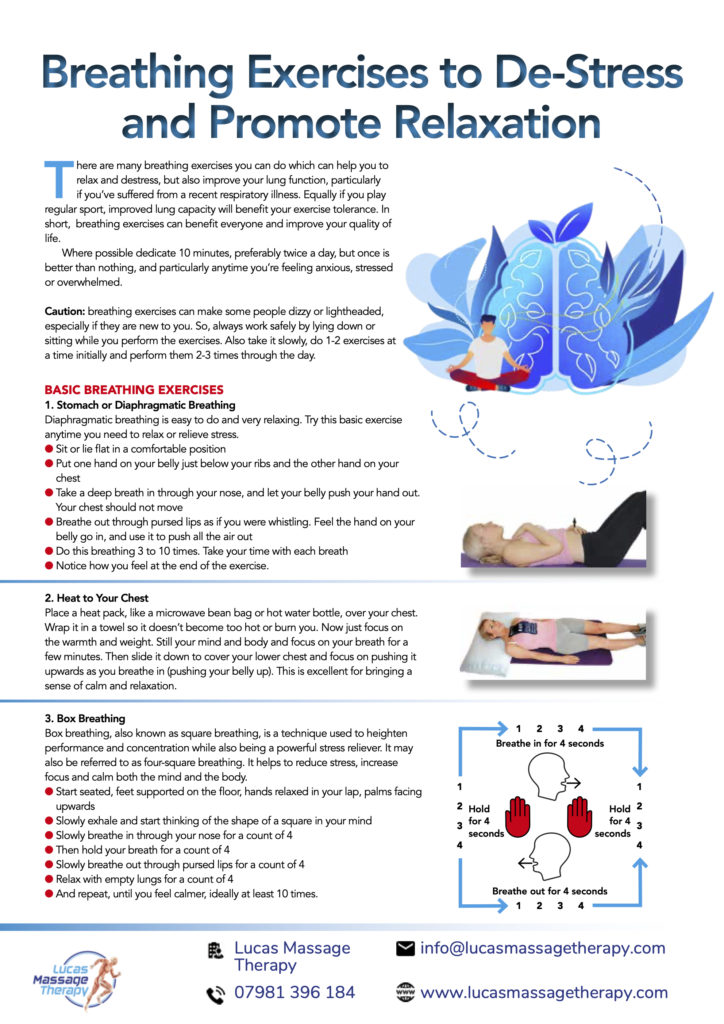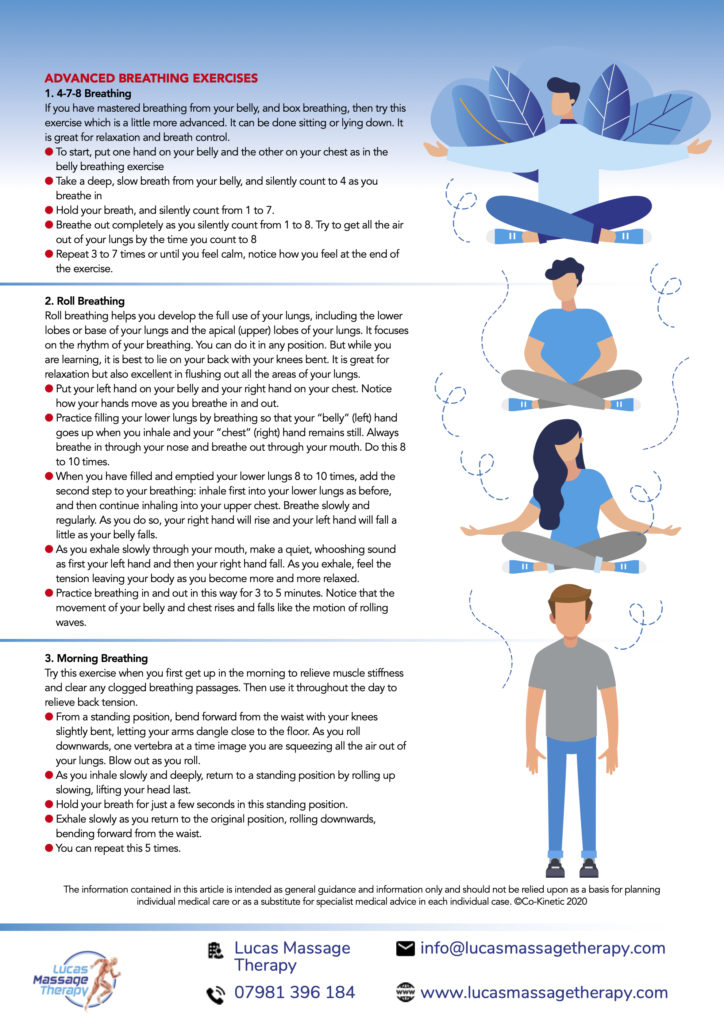How Your Diet Can Help Manage Stress
Many individuals frequently encounter stress, which can have detrimental effects on their mental and physical well-being. Although complete elimination of stress may not be feasible, there are numerous strategies for effectively handling and reducing its adverse consequences. One aspect that is frequently disregarded is the impact of diet and nutrition. This article examines the significance of food and nutrients in stress management and provides actionable advice on adopting a healthy and balanced lifestyle through mindful eating.
Stress and Nutrition: The Connection That Can Help Manage Stress
When stress occurs, the body undergoes physiological changes as part of the fight-or-flight reaction. This response aids in quick reaction to potential threats, but it can also result in physical symptoms like heightened heart rate, blood pressure, and muscle tension. Furthermore, chronic stress can harm the immune system, cardiovascular system, and digestive system, and may lead to emotional symptoms such as anxiety, depression, and irritability. A way to assist the body during times of stress is by consuming a well-balanced diet that supplies the necessary nutrients for optimal functioning. Opting for a nutrient-rich diet with minimally processed foods can regulate the body’s stress response, support healthy brain function, and decrease inflammation that contributes to chronic illness.
Nutrients That Can Help Manage Stress
These are some essential nutrients that can aid in maintaining a healthy response to stress:
– B vitamins:
B vitamins are crucial for brain function and can regulate the body’s stress response. Foods high in B vitamins include whole grains, leafy greens, eggs, nuts, and seeds.
– Magnesium:
Magnesium is a mineral that influences muscle and nerve function and can help regulate the body’s stress response. Foods rich in magnesium include leafy greens, whole grains, nuts, and seeds.
– Omega-3 fatty acids:
Omega-3 fatty acids are important for brain function and can reduce inflammation linked to chronic diseases. Foods high in omega-3s include fatty fish like salmon, mackerel, and sardines, as well as chia seeds, flaxseeds, and walnuts.
– Vitamin C:
Vitamin C is an antioxidant that decreases inflammation and supports immune function. Foods rich in vitamin C include citrus fruits, strawberries, kiwi, and bell peppers.
– Probiotics:
Probiotics are beneficial bacteria that aid in digestive health and reduce inflammation. Foods rich in probiotics include yoghurt, kefir, sauerkraut, and kimchi.

Eating Well to Help Manage Stress
Having discussed important nutrients for stress management, let us now delve into practical advice on maintaining a healthy, well-balanced lifestyle through proper nutrition. It is crucial to consume a diverse range of foods to ensure an adequate supply of nutrients for optimal functioning. Incorporating fruits, vegetables, whole grains, lean protein, and healthy fats into your diet is highly recommended.
Reduce the consumption of processed foods as they tend to contain excessive sugars, unhealthy fats, and artificial additives that can lead to inflammation and negative health effects. Instead, prioritize whole, minimally processed foods in your diet. Opt for nutrient-rich foods such as leafy greens, berries, nuts, and seeds that provide a high amount of nutrients compared to their calorie content.
Engage in mindful eating: Mindful eating entails focusing on your meal and avoiding any disturbances. This can assist in decelerating your eating pace and being attuned to your body’s cues for hunger and fullness. Additionally, it aids in diminishing stress and anxiety related to food.
Staying properly hydrated is essential for combating fatigue, enhancing cognitive function, and effectively managing stress. It is advised to consume a minimum of 8 glasses of water per day (approximately 1.5 litres), and even more if you are physically active or reside in a hot environment. Additionally, herbal teas and freshly squeezed fruit juices are suitable alternatives, although it is important to be cautious of added sugars in juices and caffeine in certain teas, as they may escalate stress levels.
It is advisable to refrain from consuming alcoholic beverages, caffeine, and processed foods. These substances have the potential to harm your mental state, disturb your sleep patterns, and amplify sensations of anxiety and stress. Caffeine acts as a stimulant, which can escalate feelings of anxiety and uneasiness in certain individuals, while alcohol is a depressant, initially inducing a relaxed sensation but ultimately intensifying stress and anxiety levels.

Take into account dietary supplements
Certain dietary supplements have demonstrated stress-reducing properties. These consist of omega-3 fatty acids, magnesium, and probiotics. Omega-3 fatty acids, present in fatty fish such as salmon, display abilities to decrease inflammation and enhance mood. Magnesium, found in leafy green vegetables, nuts, and whole grains, has been proven to alleviate muscle tension and anxiety. Probiotics, found in fermented foods like yoghurt and kefir, aid in regulating the gut microbiome, which has been associated with improved mood and diminished stress levels.
Including these foods in your diet can be an initial step in stress management. However, it’s crucial to remember that no single food or nutrient can provide all the necessary benefits for optimum health. The best approach is to have a balanced and diverse diet that includes a variety of fruits, vegetables, whole grains, lean protein, and healthy fats. Keep in mind that everyone’s nutritional requirements differ, so it’s important to listen to your body and make personalized adjustments.
Alongside incorporating stress-reducing foods, there are additional dietary habits that can promote overall health and well-being. A significant habit is to avoid skipping meals or prolonged periods without eating, as this can lead to fluctuations in blood sugar levels, causing irritability, fatigue, and anxiety. Aim to have regular meals and snacks throughout the day to maintain stable blood sugar levels and support your body’s stress response.
Managing stress requires a comprehensive approach that includes various aspects. Alongside a proper diet, engaging in regular physical activity, practising relaxation techniques such as meditation and deep breathing, and seeking social support are crucial. By adopting a holistic approach to stress management, such as incorporating stress-reducing foods into your diet and healthy eating habits, you can enhance your overall health and well-being. Making gradual changes to your diet and lifestyle is essential for long-term success, and if you experience persistent stress or anxiety, seeking guidance from a healthcare professional is advisable.
Best Breathing Exercises to Help Manage Stress



